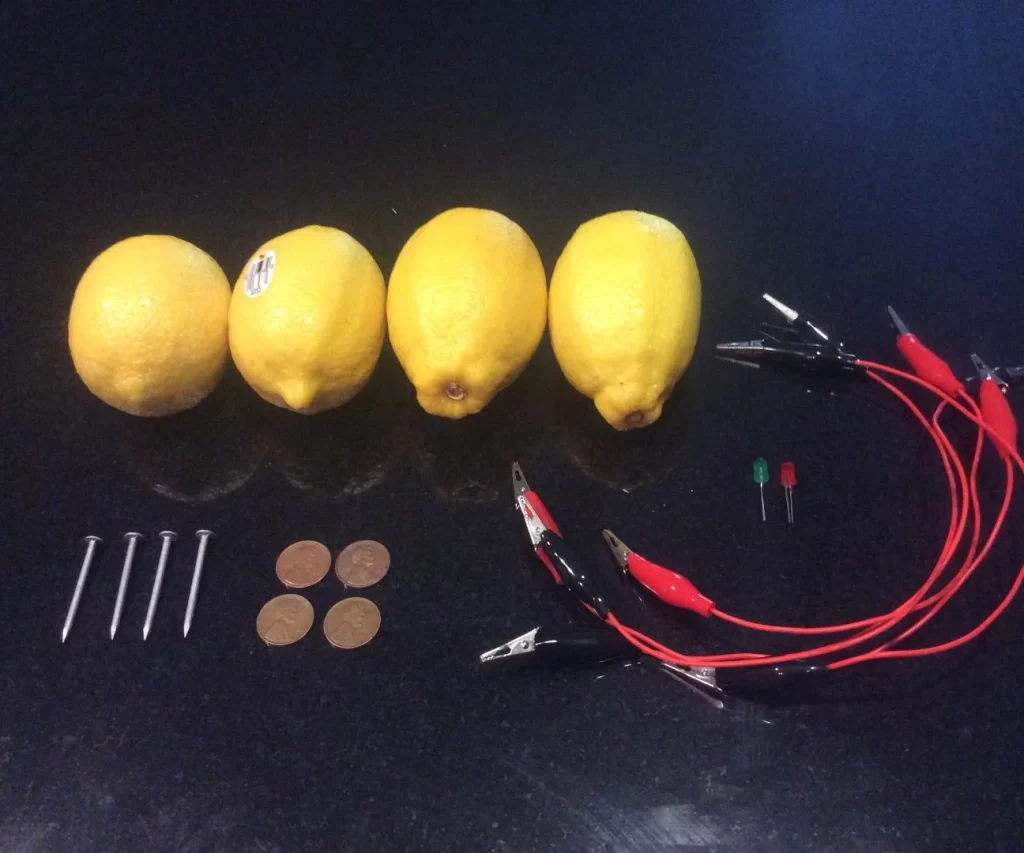Join our community
of garden lovers.
Sign up with your e-mail address to receive our latest offers,
competitions & local gardening tips
competitions & local gardening tips

Are you tired of constantly replacing batteries in your outdoor lights? Why not try powering them with lemons from your own garden! It may sound strange, but it’s a fun science experiment that teaches kids about electricity and the power of acidic fruits.
To get started, you’ll need a few items:
First, strip the ends of the copper wire and wrap one end around the base of the light bulb. Then, take the zinc nails and poke them into the lemon, being careful not to break the skin. Finally, attach the other end of the copper wire to the nails.
As the lemon starts to lose its juice, the acid in the fruit will react with the zinc nails and create a small electrical current. This current is then used to power the light bulb.
In addition to lemons, potatoes can also be used to power a light bulb through a similar process. To use potatoes, you’ll need to set up two electrodes, one made of copper and the other made of zinc, and insert them into the potato. As the potato loses its moisture, an electrical current will be created and can be used to power a light bulb.
It’s important to note that this method of lighting will not be very bright and will only last for a short period of time. It’s a fun experiment but not a practical solution for outdoor lighting.
So, have fun and experiment with different fruits and vegetables to see which ones can power a light bulb. Happy gardening!
Join us this Friday 20 January 2023 for our FREE online workshop on: ‘Super Citrus’, with Garden Guru Sue Both.
Please use the following login details to join us at 11am sharp over Zoom:
Meeting ID: 829 2201 6893
Passcode: 934165
or use the following direct link: https://bit.ly/3QEYPoI
